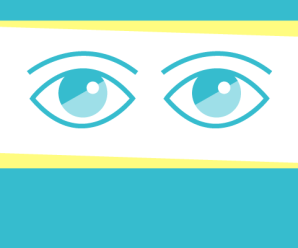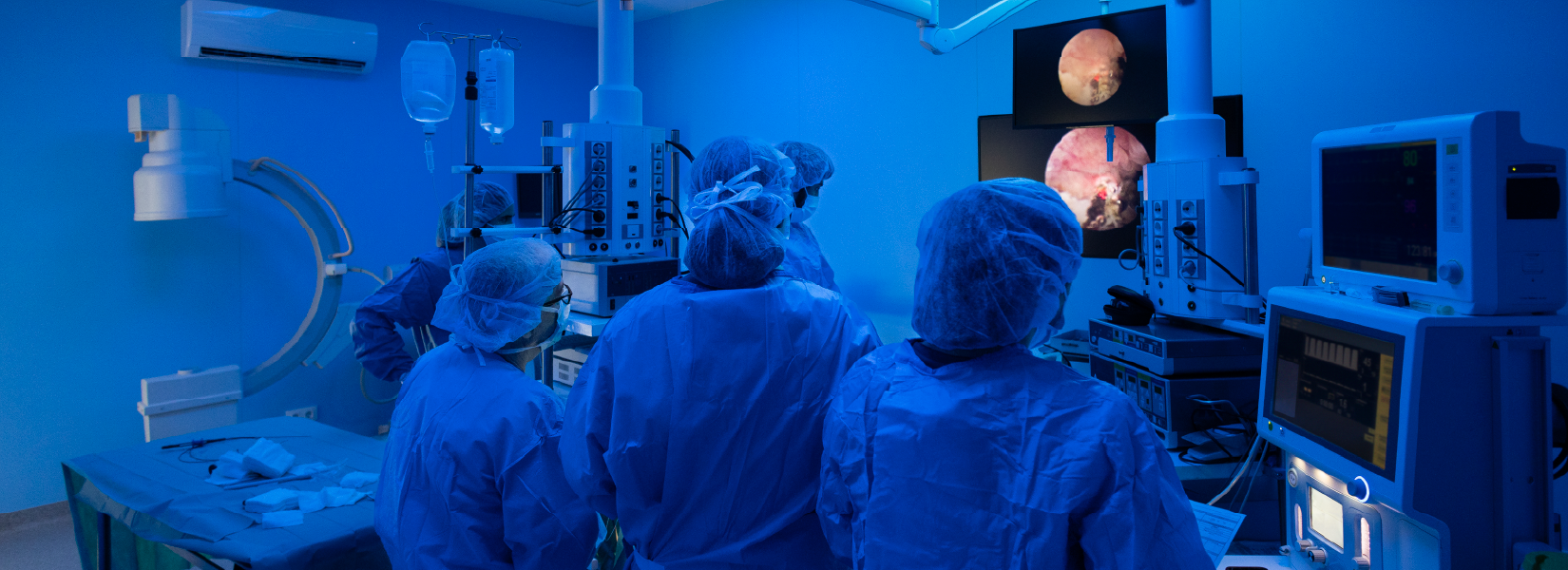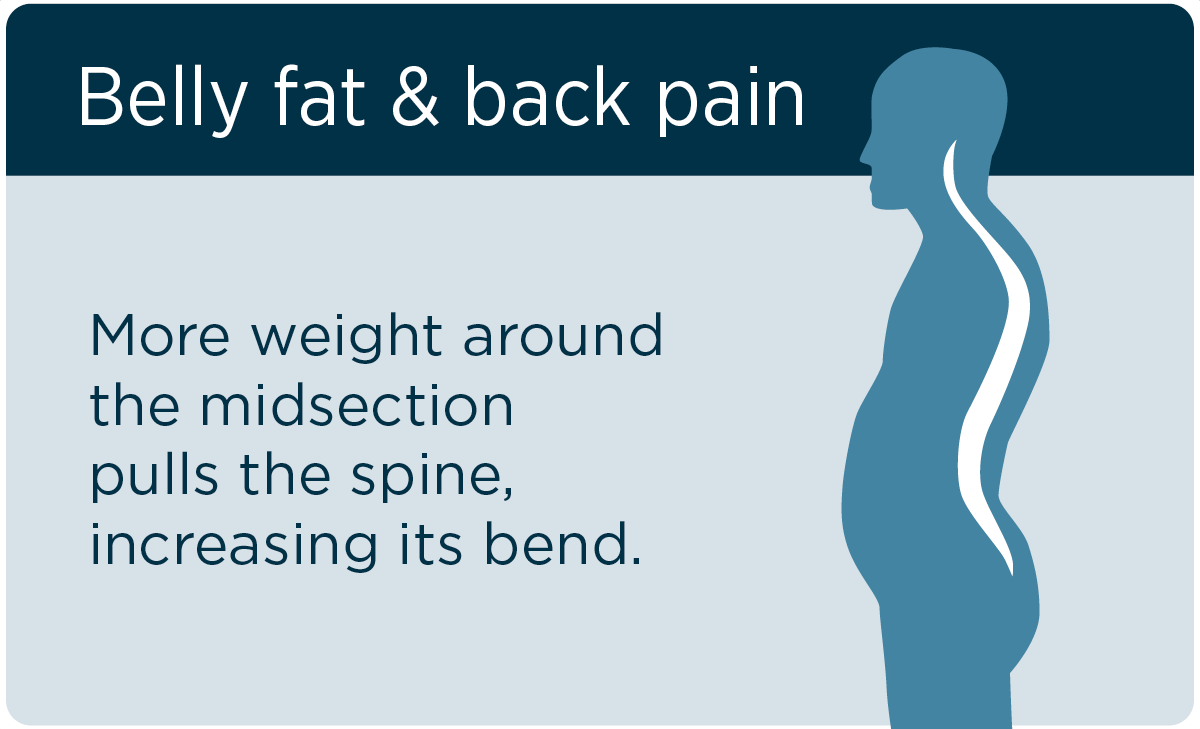
Every woman has a different form of normal when it comes to her menstrual cycle.
Premenstrual physical and emotional changes caused by fluctuating hormone levels are common. Many women can manage or tolerate symptoms because they pass and cause few disruptions to their routines.
Other women, though, who have medical conditions known as premenstrual syndrome (PMS) and premenstrual dysphoric disorder (PMDD) experience more severe symptoms that seriously affect their normal functioning.
PMS vs. PMDD: What’s the difference?
PMS and PMDD describe physical and mood symptoms that occur between ovulation and the start of a woman’s period, said Dr. Sarah Goetz, a Marshfield Clinic OB/GYN physician.
Symptoms of both include:
- Bloating
- Breast pain
- Fatigue
- Mood swings
- Irritability
- Difficulty concentrating
- Depression
- Anxiety
- Lack of interest in activities you normally enjoy
PMS is diagnosed when at least one symptom disrupts a woman’s normal functioning for several menstrual cycles in a row. PMDD is a severe form of PMS in which anger and emotional symptoms become dominant. Women who have PMDD experience several symptoms that disrupt functioning over multiple cycles.
When to see a doctor
See your doctor if you have mood-related concerns around the time of your period or premenstrual symptoms that limit functioning.
Symptoms may affect work or school performance, parenting and personal relationships. Your doctor may ask you to keep a journal about what kind of symptoms you have, when they occur and how they affect you.
“Every woman who experiences PMS or PMDD has her own story about how it affects her life,” Goetz said.
Relief for PMS and PMDD
Good sleep habits, nutrition, exercise and stress management can help. Antidepressant medications and birth control pills may be used to treat symptoms.
Your doctor will check for other health problems that could be causing your symptoms, like thyroid problems, major depression or anxiety disorder. Making a correct diagnosis is essential to helping you feel better.
“Help is available,” Goetz said. “You don’t have to live with these symptoms.”






Leave a Reply